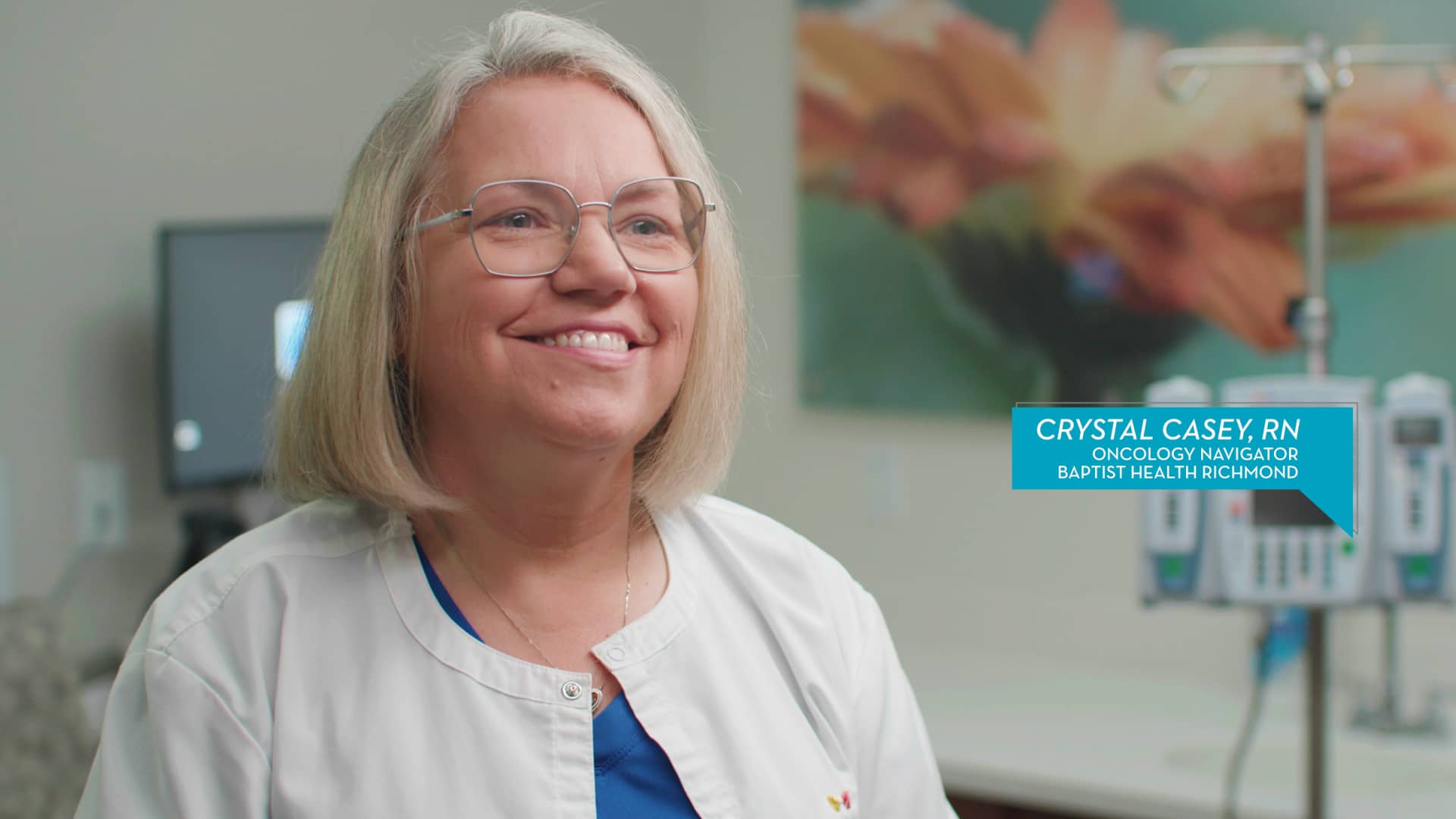Where to Get a Colon Cancer Test Kit?
.jpg?rev=16273cfad4f7492d8477d1e9f689ca66)
Colon cancer is a leading cause of cancer-related deaths in the U.S. Also referred to as colorectal cancer, it occurs in part of the large intestine called the colon.
Colon cancer typically develops in groups of cells called polyps that grow on the interior walls of the colon. Polyps usually aren’t cancerous initially but can develop into cancer.
One reason colon cancer causes so many deaths is that it generally doesn’t produce symptoms until it’s been growing for a while. Consequently, it’s crucial to get colonoscopies when recommended by your doctor. Testing usually begins in middle age, as the disease is most common in older adults. However, colon cancer can affect anyone, and your doctor may recommend an earlier start to testing if you have a higher risk.
Another way to detect colon cancer is using an at-home test kit. This form of testing doesn’t replace colonoscopies, but it’s convenient and can be an effective additional tool for people with an average risk of colon cancer.
This article explains where to get a colon cancer test kit and how these kits work.
Colon Cancer Test Kits: Available Online and at Pharmacies
Colon cancer test kits are readily available. You can order them online and find them at many pharmacies.
It’s a good idea to talk with your doctor about using these kits. There are differences in the products, so your physician may have a preference. Also, they can guide you on when to start testing. Most people don’t need to test for colon cancer until they’re middle-aged or older, so there’s no reason to incur the test cost at a younger age in most cases.
How Do Colon Cancer Test Kits Work?
Colon cancer test kits detect blood in the stool. The presence of blood doesn’t necessarily mean you have colon cancer, but it does indicate you should talk with your doctor about additional testing.
Some colon cancer test kits also check for abnormal DNA in the stool. It’s another indicator of the disease.
Colon Cancer Symptoms
Catching colon cancer early is vital as it can improve your prognosis. In addition to colonoscopies and at-home screening, you should talk with your doctor if you experience any of the following colon cancer symptoms:
- Changes in stool shape or size, including them becoming hard pebbles or nuggets or narrow and pencil-like
- Blood in your stool
- Changes in stool color to dark brown or black
- Pain with bowel movements
- Constipation, diarrhea, or alternating between the two
- Intestinal discomfort, such as bloating and gas pains
- Frequently or continually feeling like you need to have a bowel movement even when you just did
- Fatigue
- Unintended weight loss
- Abdominal pain, constipation, fever and vomiting from a bowel obstruction
Other health conditions can cause some of the same symptoms as colon cancer. For example, hemorrhoids can coat stool with blood as it passes them. Still, if you notice symptoms, it’s important to be open and honest with your doctor — even if it feels awkward.
Early detection and prompt treatment of colon cancer are essential.
Talk With Your Baptist Health Doctor About At-Home Colon Cancer Screening
While they aren’t a replacement for colonoscopies, colon cancer test kits can help detect the disease in its early stages, enabling better outcomes. Talk with your Baptist Health physician about whether at-home screening is right for you.
You can find a provider near you in our online directory.



.jpg?rev=1e34cfc14356429384f3325f6e567a20)